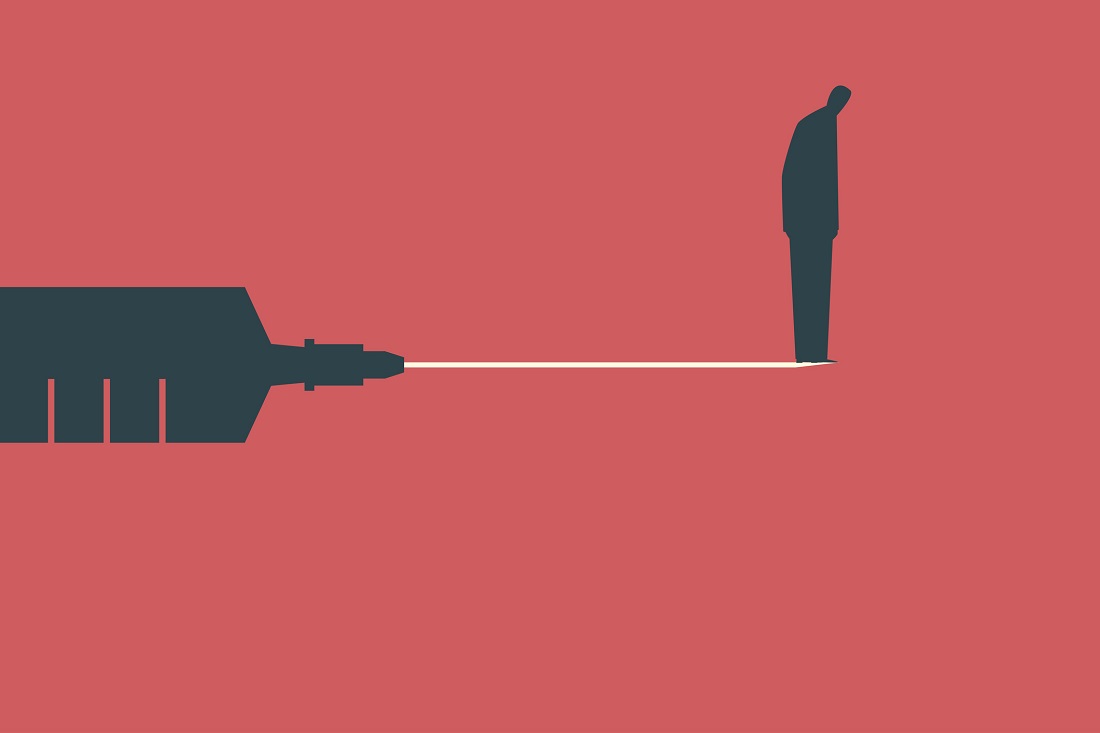A Canadian woman died recently from euthanasia through the country’s medical assistance in dying (MAiD) laws, but she admitted in her own obituary that it was a lack of appropriate medical care, and not her illness, that caused her to choose to die.
According to CBC News, Sathya Dhara Kovac, 44, of Winnepeg, suffered from amyotrophic lateral sclerosis (ALS). Though the disease is degenerative and weakens the muscles over time, Kovac felt that she still had the ability to enjoy life — but her home care situation made it difficult to do so.
“Ultimately it was not a genetic disease that took me out, it was a system,” Kovac wrote in her own obituary as a message to loved ones. “There is desperate need for change. That is the sickness that causes so much suffering. Vulnerable people need help to survive. I could have had more time if I had more help.”
Kovac’s friend and support worker, Shayla Brantnall, told the CBC that Kovac wasn’t getting the medical support she needed. “It’s hard because mentally she was there… She accepted the changes in her body, but without enough support, how could anyone keep going?” said Brantnall. “You’re constantly stressed, you’re constantly struggling, like, ‘How am I going to get to the bathroom? How am I going to eat food?’ That’s not really a great quality of life either.”
READ: Canadian soldier seeking treatment for PTSD was offered euthanasia instead
Kovac received 55 hours of care per week, but as her condition deteriorated she found that that wasn’t enough. When she asked for more assistance, she was denied and told she needed to move into a care facility. Kovac resisted, wanting to stay in her own home.
In order to qualify for MAiD, the death request must be cleared by two doctors. Another of Kovac’s friends, Janine LeGal, said that Kovac did not admit to these doctors that it was really her health care situation, and not her illness, driving her request, for fear they would deny her.
“Her death was imminent in the sense that she had ALS, so she would have died from that at some point, but … she could have been around for several more years, living a good life,” said LeGal. “It’s really painful for me to think about the fact that she is gone because our society doesn’t focus on giving people what they need.”
Canada’s assisted suicide and euthanasia laws are some of the most relaxed in the world, and there are an increasing number of alarming cases in which people are choosing to die simply because they don’t feel that they have the appropriate medical care or financial resources to live.
In an interview with CBC News, Nancy Hansen, a professor and director of the interdisciplinary master’s program in disability studies at the University of Manitoba, put the crisis in an appropriate context.
“I don’t understand why society is so anxious to see death as dignified as related to disability, and yet a society will not provide appropriate resources for people to live with dignity,” said Hansen, who also has a disability. “We provide funding as a society for the elements that we value, and it seems to me that there’s a lack of worthiness and a lack of value placed on disability.”








